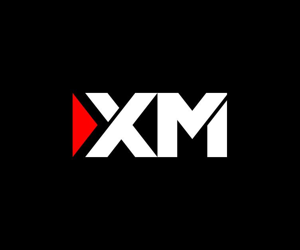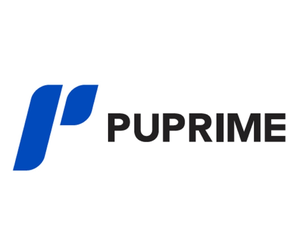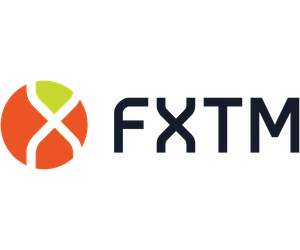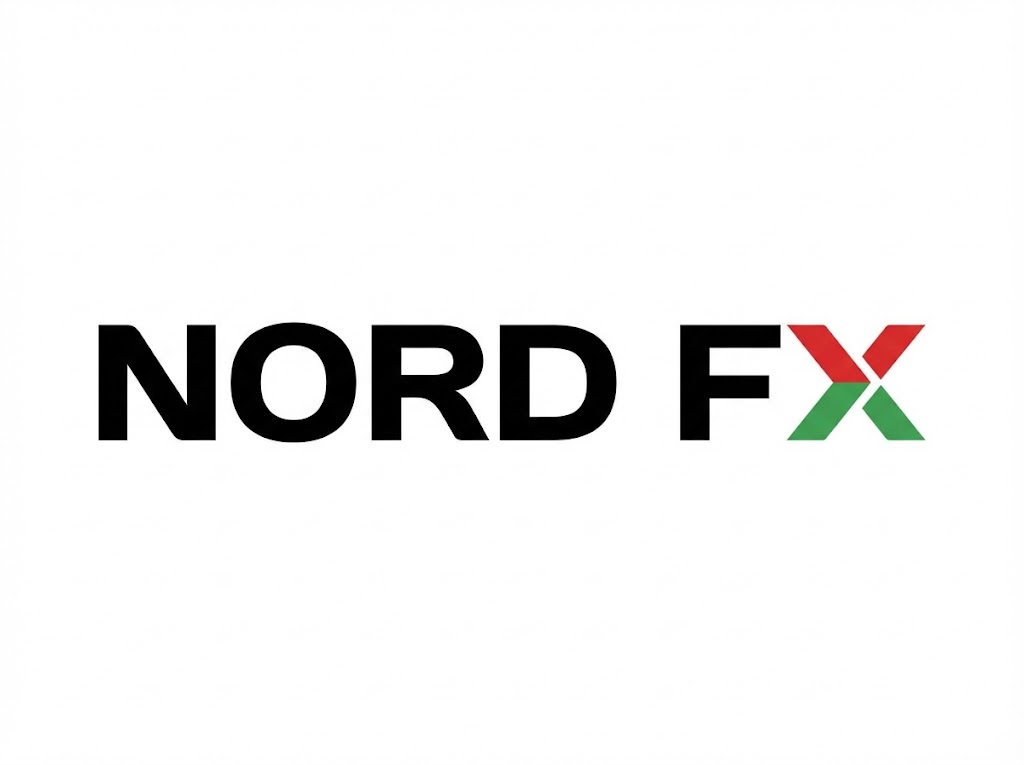FXTM review 2025: Is FXTM safe? We break down its Exinity Group entities, what each regulator means for your protections, and who should choose which setup
FXTM is a long-running retail forex and CFD brand now operated by the Exinity Group. It serves clients worldwide through several licensed entities, including in the U.K., Mauritius, South Africa, the UAE and Kenya. For beginners who value straightforward rules and clear protection, the details of which entity you actually open an account with matter a lot. That is the focus of this review.
Using our TraderVerified methodology—which classifies brokers into Gold, Silver, Bronze, and Red Flag bands based on regulation quality, reputation, and staff insights—FXTM lands in the Silver band. In short: FXTM offers wide market access, sensible account options and strong education, but its safety net depends on the entity you choose, and its public reputation is mixed.
Here’s what new and casual traders should know, in plain language and in the order you’ll likely make decisions: Is it safe? What’s the track record? Where does it shine—and where could it improve? Finally, who is it best for, and how does it compare with peers in the same band?
Regulation & Safety
Corporate setup. The FXTM brand is part of the Exinity Group. The key operating entities are:
- Exinity UK Limited — authorised and regulated by the U.K. Financial Conduct Authority (FCA) FRN 777911. This is a Tier-1 regulator in our framework.
- Exinity Limited (Mauritius) — regulated by the Financial Services Commission (FSC) with Investment Dealer license C113012295, and also licensed by South Africa’s FSCA as FSP 50320 (authorised as an OTC Derivatives Provider). These are mid-shore licenses that allow higher leverage and broader product design than Tier-1.
- Exinity Capital East Africa Ltd (Kenya) — regulated by the Capital Markets Authority (CMA) as a Non-Dealing Online Forex Broker, license No. 135.
- Exinity Global Financial Services L.L.C (UAE) — regulated by the Securities and Commodities Authority (SCA) under license 20200000270 for introduction & promotion (not full dealing).
Important recent change. FXTM’s former Cyprus entity, Forextime Ltd (CIF 185/12), voluntarily renounced its CySEC license in 2024. CySEC lists Forextime as a former investment firm; industry reports confirm the license was withdrawn on May 20, 2024 after renunciation, with operations under the Cypriot entity ceasing December 31, 2023. If you see older pages still mentioning CySEC oversight, that is now outdated.
What the tiers mean for you. Under our methodology (see Methodology page), FCA is Tier-1, offering the strongest retail safeguards—strict leverage caps, standardized risk warnings, negative balance protection, and active enforcement. FSC (Mauritius) and FSCA (South Africa) are treated as Tier-2 “mid-shore” regulators that provide genuine licensing and supervision but typically allow more flexible leverage and marketing than Tier-1. The UAE SCA authorization here covers promotion, not full execution. Always confirm which entity holds your account before you fund it.
Client protections at FXTM (vary by entity):
- Segregated client money. FXTM states client funds are held separately from company capital; the site also touts insurance “up to $1m.” Treat insurance claims as marketing unless you confirm terms in your account docs.
- Negative balance protection (NBP). FXTM’s client agreement for the Mauritius entity says it will not pursue negative balances except in cases like illicit activity—this is NBP in practice. U.K. rules require NBP for retail clients.
- Leverage rules.
- Under FCA rules, retail leverage is capped at 30:1 on major FX pairs (lower on other assets), with mandatory margin close-out and NBP.
- Under Exinity Limited (Mauritius) / FSCA-licensed offerings, FXTM advertises flexible leverage up to 1:2000–1:3000 (varies by account, instrument, and notional). Kenyan residents are capped at 1:400 on some accounts. High leverage increases risk—know your settings.
Bottom line on safety. If you want the strongest guardrails, onboard under Exinity UK (FCA). If you prioritize higher leverage and broader margin flexibility, you will likely be opened under Exinity Limited (Mauritius) or other non-U.K. entities. That trade-off—safety net versus flexibility—is central to choosing FXTM.
Trader Reputation & Market Presence
Public reviews. On Trustpilot, FXTM (forextime.com) shows a TrustScore around 3.6/5 from ~1,070 reviews at the time of writing. Comments are mixed: many praise platform usability, localized currency support, and helpful seminars; others flag occasional deposit/withdrawal delays and onerous verification steps. Recent replies from the company cite regulatory KYC/AML requirements and invite customers to open tickets. This tells us service is active and responsive, but frictions do occur.
Regulatory track record. We did not find recent disciplinary actions against Exinity UK itself in FCA publications; however, the FCA has issued clone-firm warnings where scammers impersonated Exinity UK—common for recognized brands. The U.K. register confirms the firm’s authorization. FXTM’s CySEC exit in 2024 was voluntary rather than punitive.
Market presence. FXTM has been operating since 2011 and remains visible across Africa, the Middle East, and parts of Asia—areas where mid-shore regulation enables higher leverage and localized features (e.g., NGN accounts). The brand’s help center and product pages describe multiple account types (Advantage, Advantage Plus, Cent) and broad instrument coverage across FX, metals, commodities, indices and stocks/CFDs, delivered on MT4/MT5.
What traders consistently like:
- Easy onboarding and helpful seminars/education for new traders.
- Platform familiarity (MT4/MT5) and localized touches such as NGN accounts in Nigeria.
- Responsive support based on frequent company replies to public reviews.
What traders consistently dislike:
- KYC friction on withdrawals and occasional delays—typical pain points in retail FX.
- Pricing transparency complaints (spreads/commissions vary by account; some reviews mention “higher than expected” costs).
- Payment method availability differences by country.
Overall, FXTM’s reputation is average-to-good for a large global broker: strong in education and responsiveness, but with the usual operational snags seen at high-volume firms. The 3.6 TrustScore backs a middle-of-the-pack standing versus top-tier peers.
Strengths & Weaknesses
Strengths
- Regulatory breadth with a Tier-1 anchor. Access to FCA oversight for those who onboard in the U.K.; FSCA/CMA/FSC coverage elsewhere.
- Flexible account lineup. Advantage/Advantage Plus/Cent accounts accommodate beginners to experienced users; MT4/MT5 support.
- High maximum leverage (non-U.K.). Up to 1:2000–1:3000 depending on account/instrument (with Kenya capped at 1:400). Attractive for strategies needing small margins—if you understand the risks.
- Negative balance protection. Stated in client agreements and mandated under FCA rules.
- Education & local engagement. Seminars, localized currency accounts, and an active help center.
Weaknesses
- EU exit. The CySEC license is gone (voluntary renunciation in 2024). EU-based retail clients lose the comfort of ESMA-style caps and recourse unless they onboard elsewhere.
- Mixed public sentiment. TrustScore ~3.6/5, with recurring comments about withdrawal verification and processing delays.
- Marketing claims vs. documents. The site highlights segregation and insurance “up to $1m,” but insurance terms are not front-and-center; always check your specific account agreement.
- Complexity across entities. Protections, leverage, and even available products vary by regulator. New traders must take extra care to confirm which entity they’re opening with.
Overall Verdict
Band: Silver (TraderVerified). FXTM combines a credible operational history and wide market access with mixed—but serviceable—client sentiment. The presence of an FCA-regulated entity is a meaningful plus for safety-first traders, though most retail clients outside the U.K. will land with Exinity Limited (Mauritius) or regional subsidiaries that allow more leverage but provide mid-shore protections rather than Tier-1.
Who it’s best for:
- Beginners who want familiar platforms (MT4/MT5) and structured education, and who are willing to accept onboarding checks that can feel strict at withdrawal time.
- Cost-conscious, strategy-driven retail traders who explicitly seek higher leverage (non-U.K.) while understanding the risks and margin rules that come with it.
- Region-specific users (e.g., Africa) who value local currency support and regional seminars.
Peer context: Within the Silver band, FXTM sits alongside other mid-shore heavyweights that offer broad access and higher leverage but fall short of the Gold band’s combination of Tier-1 oversight, top-quartile execution transparency, and consistently high public ratings. If absolute safety and standardization matter most to you, consider brokers whose default retail onboarding is under Tier-1. If flexibility matters more and you can manage risk, FXTM is competitive—especially on non-U.K. accounts.
Expert Review Notes (Staff Insight)
- Entity choice is the first decision. FXTM’s value proposition changes with the regulator: FCA onboarding prioritizes protection; Mauritius/FSCA/Kenya prioritize flexibility (especially leverage). Make this choice deliberately, not by default.
- Leverage is a tool, not a feature. The ability to run at 1:2000–1:3000 can be attractive for EAs and scalpers, but most beginners will fare better at 1:10–1:30 until their risk process is solid. FXTM’s own materials hint at this, and the FCA’s permanent CFD measures exist for good reasons.
- Expect KYC friction at cash-out. Where reviews sour, it’s often because documentation is requested on withdrawal, not deposit. That is common industry-wide and aligns with AML rules; prepare documentation early to avoid frustration.
- Marketing versus fine print. Treat headlines about segregation and insurance as promises to verify. Read your client agreement and check whether NBP, compensation, and complaints routes apply to the entity that holds your account.
- Cyprus exit is a signal. The 2024 voluntary renunciation of the CySEC license moved the brand’s EU posture from on-shore to mid-shore. Not a red flag, but it is a strategic pivot that changes the protection profile for EU-based retail users.








